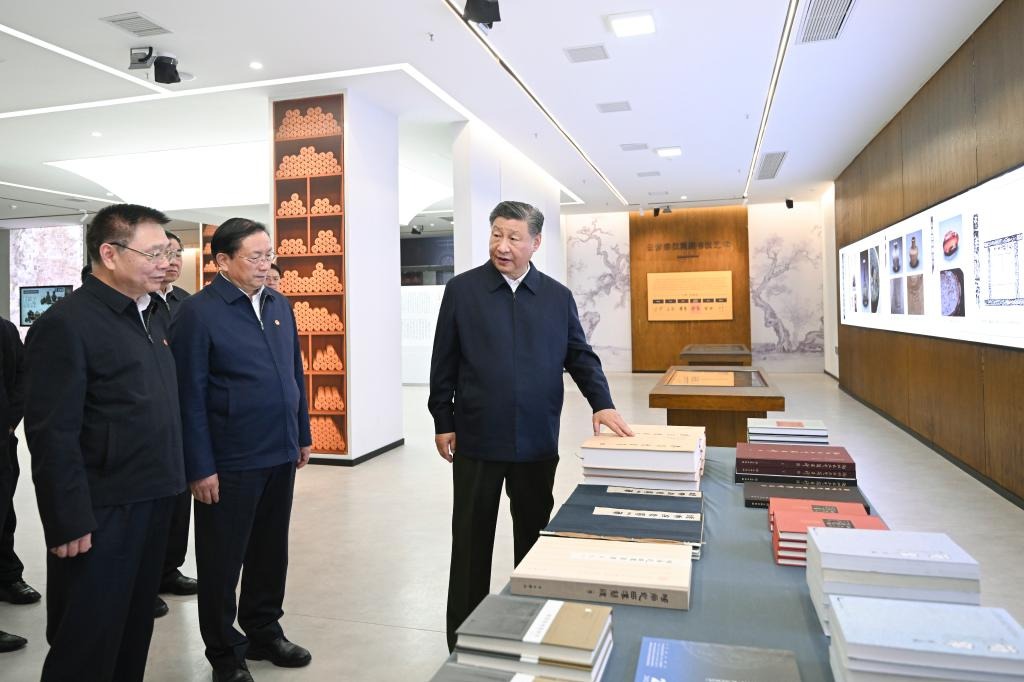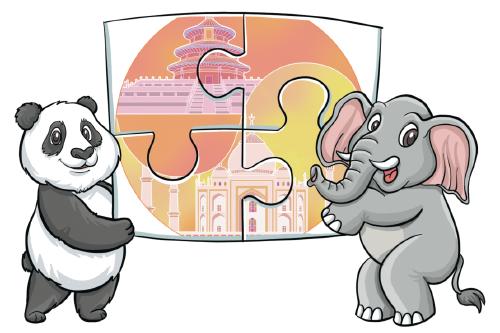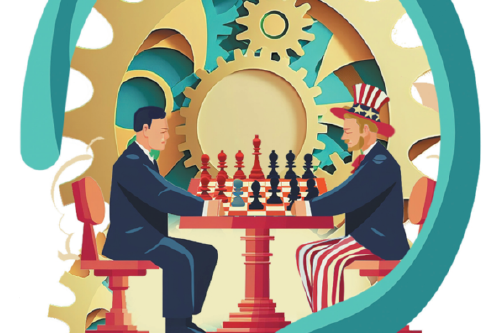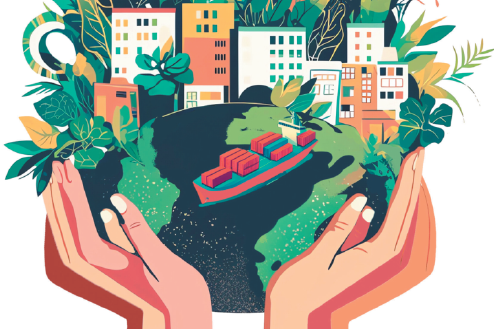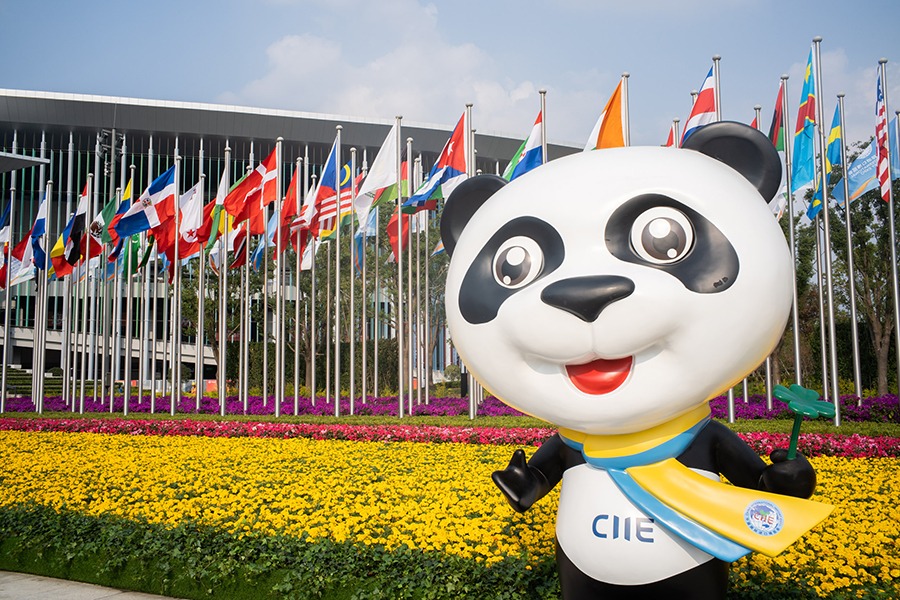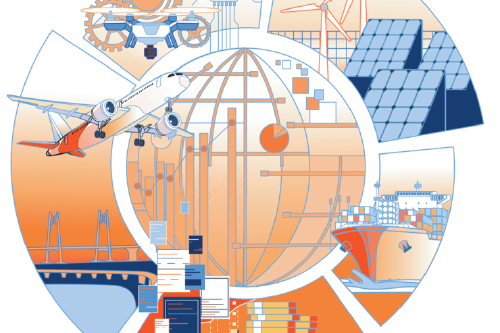Ancient civilizations can seek modernization together


Recently China and India have reached resolutions on issues concerning the border areas through diplomatic and military channels, which is a good sign for both nations and the region.
Historically, China and India shared peaceful relations for thousands of years. As the world's second- and fifth-largest economies, the two countries manage their differences with a strategic mindset, emphasizing the importance of open communication. Their commitment to fostering a healthy and stable relationship is essential for building a multipolar world, as sought by the Global South.
India and China, as ancient civilizations, had much in common as Buddhism played a significant role in shaping both societies. The two countries established diplomatic relations in 1950, with India being the first non-socialist country to establish diplomatic ties with China, a move that was globally significant.
In 1954, China and India jointly proposed the Five Principles of Peaceful Coexistence, laying the foundation for their future relations. The Global South views these principles as crucial for contemporary international relations and for giving a collective call for improving global governance.
Also, the two countries are expected to emerge as two of the most powerful global players. Together, they account for one-third of the world's population and contribute to almost half of global economic growth. And their emergence is one of the most significant developments in the 21st century.
China and India recognize the complexities of today's geopolitical landscape and the common challenges they, and the other developing nations, face. They share broad interests and understand that good bilateral relations are beneficial to them as well as for the rest of the world.
However, Western powers have been trying to exploit the differences between India and China, portraying them as rivals for the leadership of the Global South. This narrative has been perpetuated through systematic campaigns, and by fuelling the belief that China is India's enemy, so India should strengthen ties with the US to counter the "Chinese threat".
China and India agreed to organize meetings between their foreign ministers and other officials to restore healthy and stable bilateral relations, and pledged to strengthen communication and cooperation in multilateral forums to safeguard the common interests of the developing world.
As key members of BRICS and the Global South, their cooperation represents a win-win for all developing countries. Positive relations between India and China are particularly significant for the Global South, as the countries play pivotal roles in shaping the future global order.
The growing cooperation between these two largest developing countries, along with their involvement in organizations such as BRICS and the Shanghai Cooperation Organisation, will help widen the influence of the Global South, as well as promote a truly multipolar world, one that is not dominated by the US and other Western powers.
To reduce the dominance of the US and its Western allies in reforming the existing world order that primarily serves the West's interests, BRICS member states and the Global South are advocating for improving the world order that benefits all countries and fosters a community with a shared future for humanity.
The improvement in China-India relations is a win-win for not only those two nations but also the expanded BRICS members and the Global South as a whole. With the two countries playing key roles, the Global South can establish a new, balanced, open and inclusive multilateral cooperation mechanism, capable of addressing global challenges.
As for the Global South, China and India could join forces to oppose unilateralism, resist bloc confrontations, safeguard the interests of developing countries, and contribute to regional and global peace, stability and development.
Strong Sino-Indian ties have the potential to promote regional and global peace and prosperity. By standing together for more fairness and justice, they can help create a multipolar world that opposes supremacism and fosters a fairer and more equitable world order.
The author is director of BRISL, an independent and pioneering Sri Lanka-based organization that specializes in the Belt and Road Initiative. The views don't necessarily reflect those of China Daily.
If you have a specific expertise, or would like to share your thought about our stories, then send us your writings at [email protected], and [email protected].





















